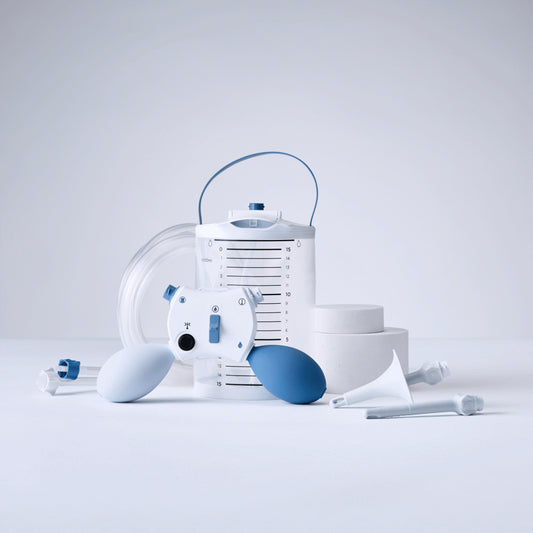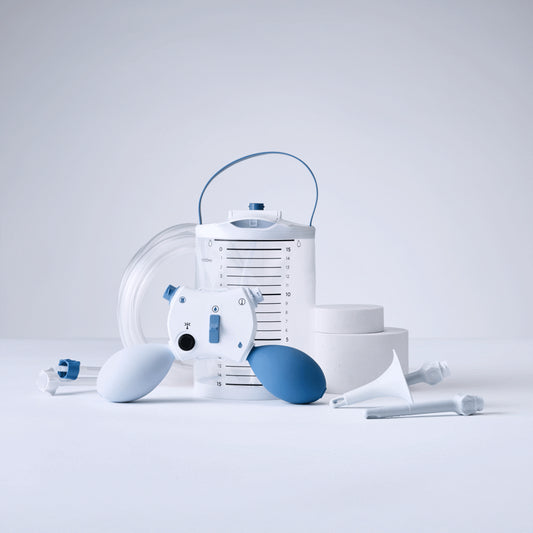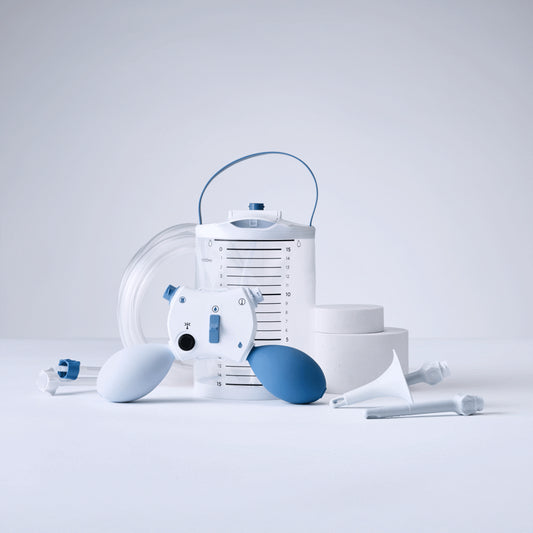Bronchitis is an inflammation of the bronchi, the main airways of the lungs, leading to symptoms like coughing and wheezing. There are two types: acute, which is temporary, and chronic, which develops gradually, often due to long-term irritation like smoking.
When to See a Doctor
Acute Bronchitis: Often treated at home with rest, NSAIDs, and fluids. Seek medical advice if symptoms are severe, such as a persistent cough, high fever, coughing up blood, or if you have a pre-existing health condition.
Chronic Bronchitis: Requires ongoing medical attention, especially if you experience regular breathlessness or coughing.
Treating Bronchitis
Acute Bronchitis: Usually resolves on its own. Rest, hydration, and avoiding irritants like smoke are key.
Chronic Bronchitis: No cure, but symptoms can be managed with medications and lifestyle changes, particularly quitting smoking.
Causes of Bronchitis
Acute bronchitis is often caused by infections, leading to increased mucus production.
Chronic bronchitis is primarily caused by smoking, leading to long-term airway inflammation.
Preventing Complications
Pneumonia is a common complication. High-risk groups include the elderly, smokers, and those with weakened immune systems.
Regular medical check-ups and vaccinations, like flu shots, are recommended.
Who is Affected
Acute bronchitis is common in children under five and prevalent in winter.
Chronic bronchitis affects mainly adults over 50, with around 2 million cases in the UK.
Improving Quality of Life
Acute Bronchitis: Simple home remedies and expectorants for viral infections; antibiotics for bacterial infections.
Chronic Bronchitis: Focuses on avoiding irritants, medication therapy, and patient education on managing the disease.



